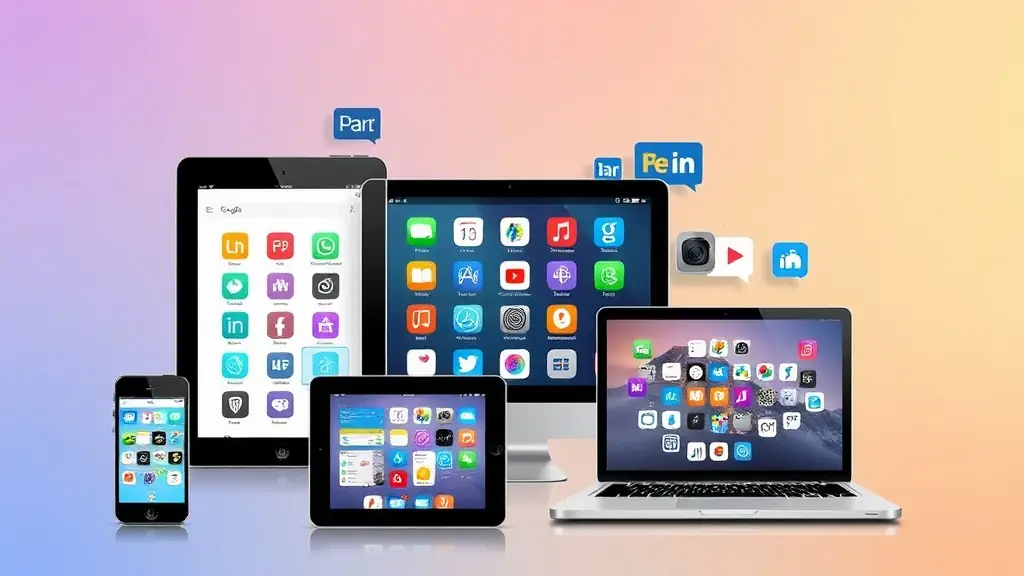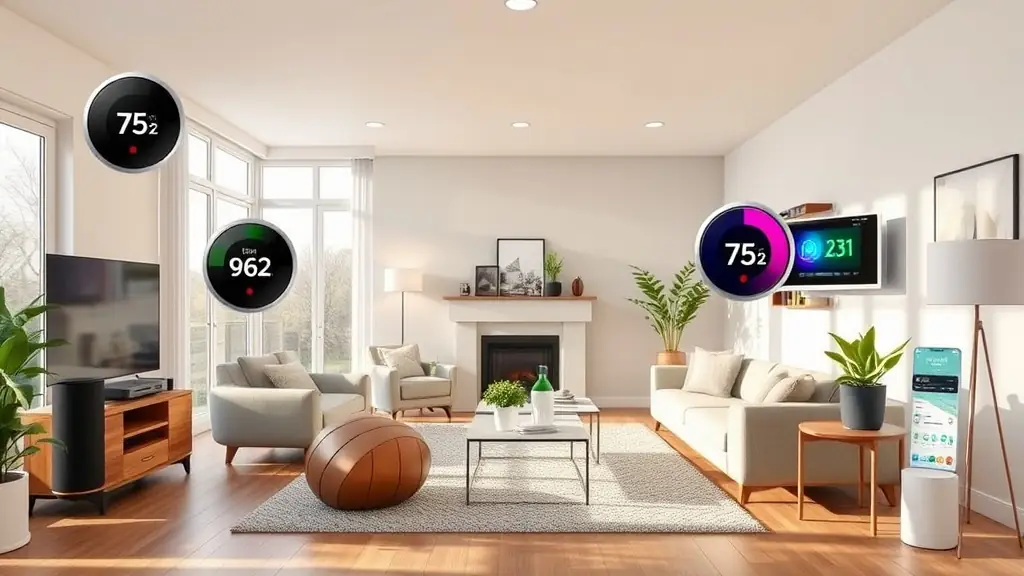The rollout of 5G technology is one of the most significant advancements in telecommunications in recent years. With its promise of faster speeds and lower latency, 5G is poised to transform how we connect and communicate. This new technology will enable a wide range of applications, from enhanced mobile broadband to the Internet of Things (IoT). As more devices become connected, the potential for innovation is limitless.
One of the most exciting aspects of 5G is its ability to support smart cities. With improved connectivity, urban areas can implement smart infrastructure that enhances public services and improves quality of life. For instance, traffic management systems can optimize flow based on real-time data, reducing congestion and emissions. As cities adopt these technologies, we can expect a more efficient and sustainable urban environment.
Moreover, 5G technology will significantly impact industries such as healthcare, entertainment, and manufacturing. Telemedicine will become more accessible, allowing for remote consultations and monitoring. In entertainment, 5G will enable high-quality streaming and immersive experiences like augmented and virtual reality. As we embrace this new era of connectivity, the implications of 5G will be felt across all sectors, driving innovation and growth.









